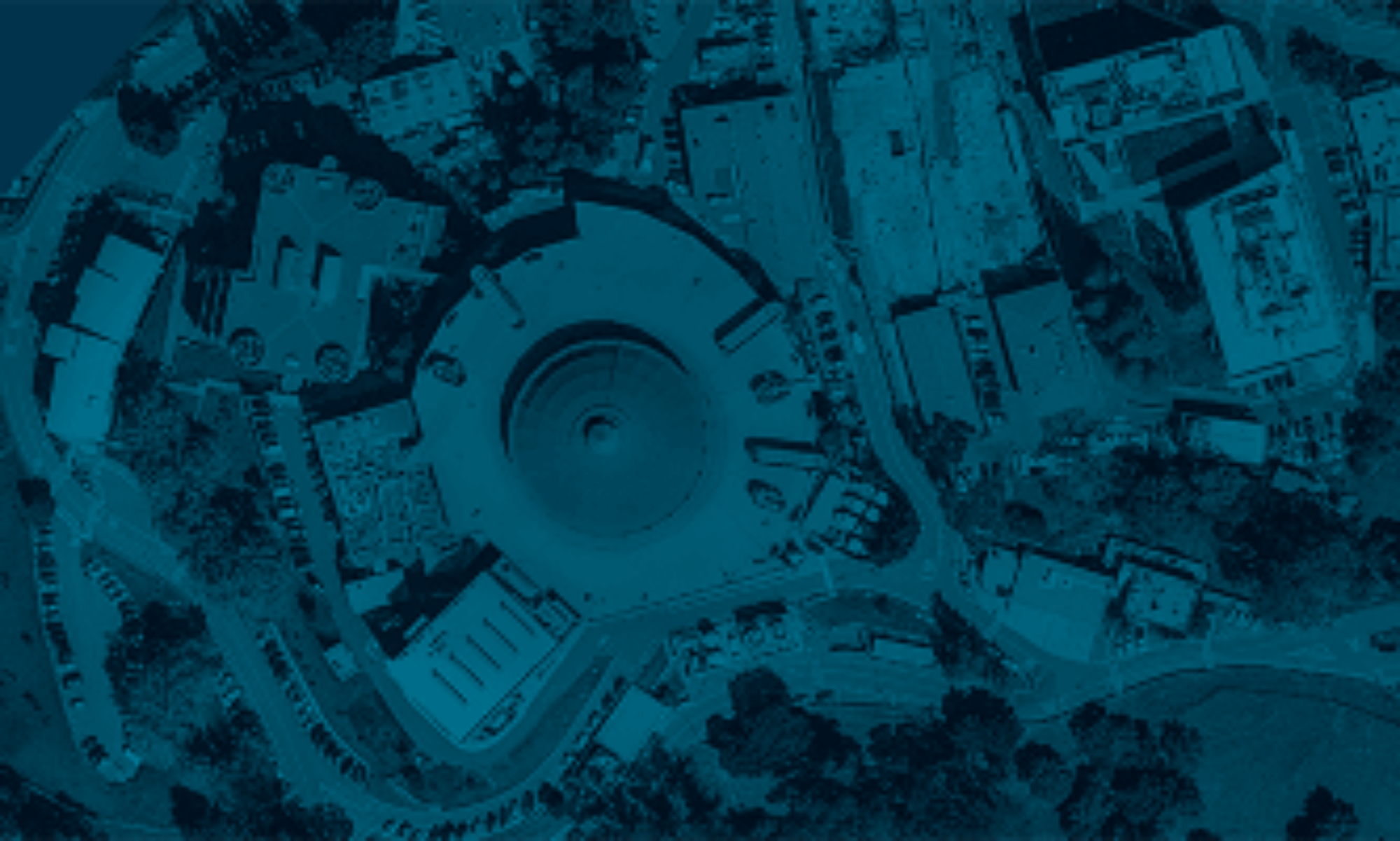JGI’s Genome Insider podcast returns this week with a new host, Menaka Wilhelm, and a story about how hungry insects could help us recycle more plastics. Listen online, or subscribe via Apple Podcasts, Spotify, or your favorite podcast app. https://jgi.doe.gov/genome-insider-s3-episode-1-chomping-toward-better-plastic-recycling/
Video: How Researchers Are Monitoring Western U.S. Water Supplies
In this PBS piece, Lab scientists at the Lab’s Surface Atmosphere Integrated Field Laboratory (SAIL) describe how satellites and watershed modeling are helping researchers monitor snow melt to better understand how climate change is affecting water supplies in the Western U.S. https://youtu.be/t0FKYrWT8NM
Work on Produced Water from Oil and Gas Extraction Wins Award
PARETO, a Lab program that enables environmentally sustainable ways to manage, treat and beneficially reuse water produced from oil and gas operations, has won Hart Energy’s 2022 Special Meritorious Awards for Engineering Innovation for its water management capabilities. https://cs.lbl.gov/news-media/news/2022/berkeley-labs-pareto-wins-2022-meritorious-award-for-engineering-innovation
New Podcast Episode on Natural and Artificial Photosynthesis
Every green plant and microbe has a sophisticated chemical reaction that enables life as we know it. Take some time to appreciate photosynthesis and learn about the renewable energy technology it inspires in this Lab podcast featuring Jan Kern and Joel Ager. https://www.buzzsprout.com/1434640/10921837
Lab Researchers Advance Cancer Research Using Artificial Intelligence
Cancer can be challenging to predict and, in some cases, impossible to treat. Researchers at the Lab recently published two studies that will help oncologists more precisely understand the state of their patient’s disease or their risk for cancer relapse. Their tool? Artificial intelligence. https://biosciences.lbl.gov/2022/07/22/researchers-at-berkeley-lab-advance-cancer-research-using-artificial-intelligence/
New Partnership to Upgrade Tool That Estimates Costs of Power Interruptions
The Lab has initiated a national public-private partnership to update and upgrade the Interruption Cost Estimate (ICE) Calculator – a publicly available, online tool – which estimates the economic consequences of power interruptions. https://newscenter.lbl.gov/2022/07/27/new-public-private-partnership-to-estimate-power-interruption-costs/
How Do Nanoparticles Grow?
New video footage captured by Berkeley Lab scientists shows for the first time that nanoparticle growth is directed by defects. The researchers say that their work is the highest resolution liquid-cell transmission electron microscopy video ever recorded. https://newscenter.lbl.gov/2022/07/26/how-do-nanoparticles-grow/
Copper Doping Improves Sodium-Ion Battery Performance
A big plus for the development of sodium-ion batteries is that sodium is earth-abundant and relatively inexpensive, easing environmental and supply-chain concerns. Using the ALS, researchers were able to understand why sodium-ion battery longevity improves when the cathode is doped with copper. https://als.lbl.gov/copper-doping-improves-sodium-ion-battery-performance/
Joint Genome Institute Breaks through Bacteria’s Regulon ID Mysteries
With RIViT-seq technology able to identify target genes associated with sigma factors in bacteria, the clues these little eukaryotes hold to advancements in medicine, energy, and beyond become much easier to find. https://jgi.doe.gov/rivit-seq-streamlining-regulon-identification-in-bacteria/
Designer Materials to Keep Plastic Out of Landfills
Scientists at Berkeley Lab have developed a material system that could keep plastic out of landfills by enabling a much broader range of fully recyclable plastic products. https://newscenter.lbl.gov/2022/07/20/designer-materials-to-keep-plastic-out-of-landfills/
